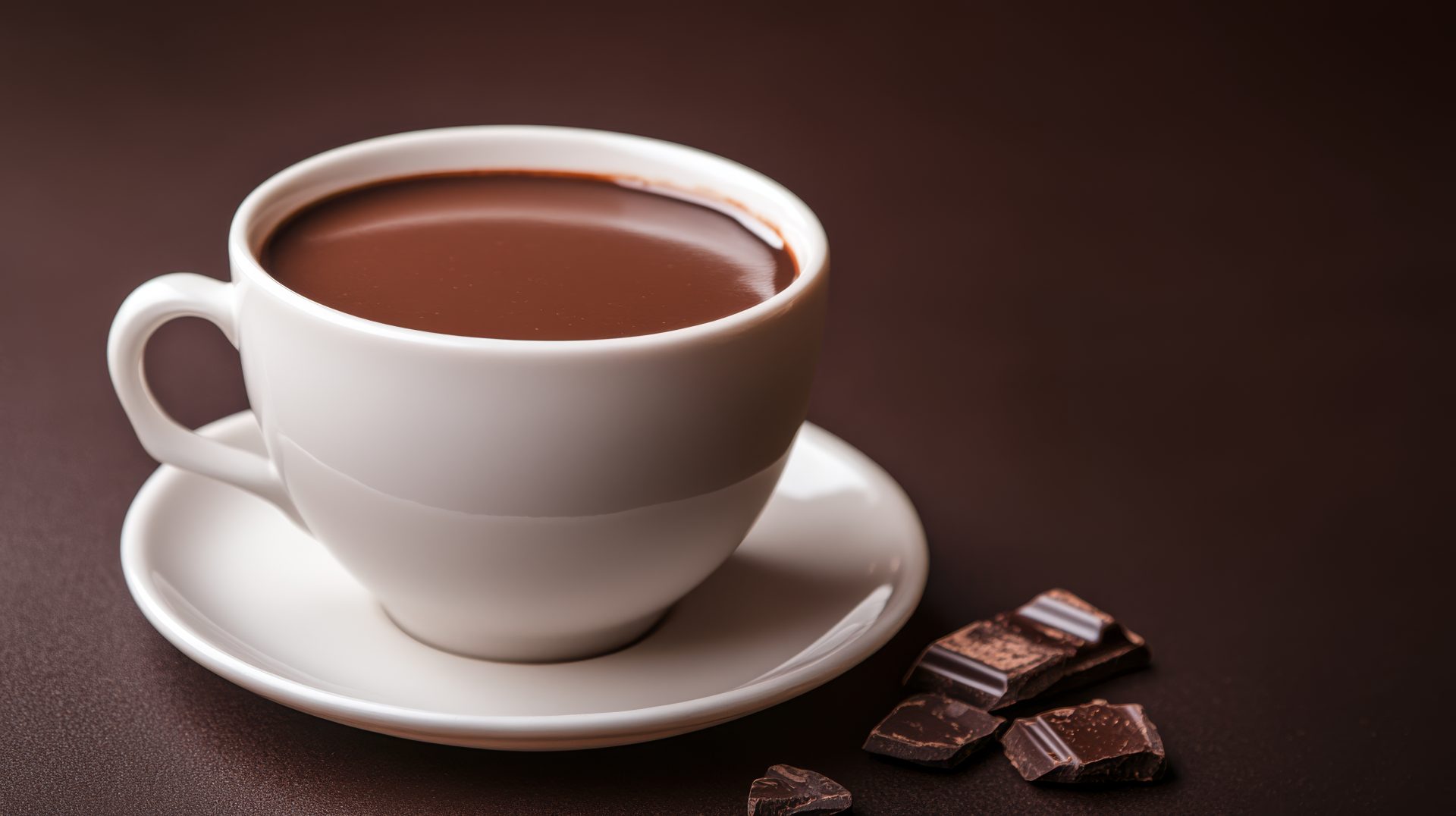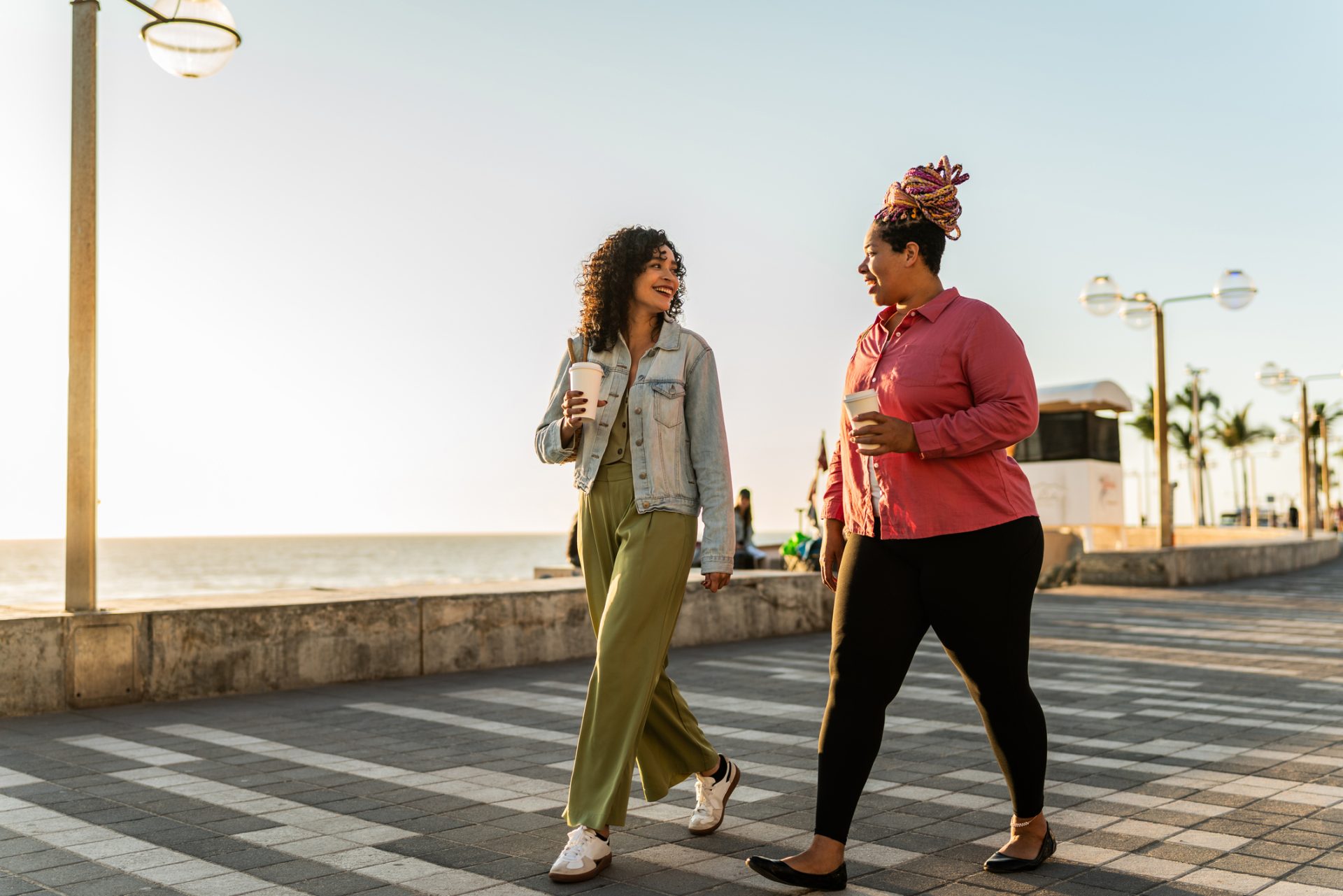If you’re living with type 2 diabetes and taking a GLP-1 medication such as Ozempic®, Wegovy®, Zepbound®, or Mounjaro®, you might be wondering:
Can I still have coffee? What about alcohol?
The good news is: coffee and alcohol are not strictly off-limits. But for those managing diabetes, it’s important to understand how these beverages may interact with both your medication and your blood sugar levels — especially when GLP-1s already affect digestion and appetite.
☕ Coffee and GLP-1 Medications: What to Consider
There are no known direct interactions between GLP-1 medications and coffee, but that doesn’t mean it’s without risk. Here’s why people with diabetes should be cautious:
🌀 Increased GI Side Effects
GLP-1s often cause nausea, diarrhea, constipation, and bloating — and coffee can make those worse, especially if consumed on an empty stomach. Coffee is acidic and can irritate the digestive system, which may amplify symptoms.
📉 Blood Sugar Spikes
Black coffee is low-calorie, but add-ins like milk, cream, sugar, or flavored syrups can raise blood sugar levels. Sweetened lattes and flavored brews may also counteract the glucose-lowering benefits of your medication.
🍽️ Loss of Appetite
Both caffeine and GLP-1s suppress appetite. Together, they may make it difficult to eat enough of the nutrient-rich foods your body needs — putting you at risk of nutrient deficiencies or muscle loss.
💩 Caffeine as a Laxative
Coffee acts as a stimulant and laxative for some. If you’re already experiencing loose stools from your GLP-1, coffee could worsen dehydration or gut distress.
✅ Tips for Enjoying Coffee Safely on a GLP-1
- Limit to 1–2 cups per day
- Avoid coffee on an empty stomach
- Choose black coffee or reduce sugar and creamer
- Try half-caf or decaf blends to ease GI stress
🍷 Alcohol and GLP-1s: A Risky Combo for Diabetes
People with diabetes already need to monitor alcohol intake, and this becomes more critical when taking GLP-1 medications.
⚠️ Blood Sugar Instability
Alcohol can lead to dangerous spikes and drops in blood glucose. This risk is heightened when mixed with a GLP-1 medication, which already slows digestion and alters glucose response.
💧 Risk of Dehydration
Alcohol is a diuretic, increasing fluid loss. Combined with GLP-1 side effects like nausea and vomiting, the risk of dehydration and electrolyte imbalance increases significantly.
🍽️ Poor Nutritional Choices
Alcohol offers empty calories without nutritional benefit. For people trying to lose weight or maintain glycemic control, alcohol can displace the nutrient-dense calories your body actually needs.
🧪 Liver Strain
GLP-1s are metabolized by your liver. Adding alcohol puts extra strain on your liver and could interfere with how your medication works, potentially increasing side effects or reducing efficacy.
✅ Tips for Alcohol Use on GLP-1s
- Drink in moderation (no more than 1 drink/day for women, 2 for men)
- Avoid drinking on an empty stomach
- Stay hydrated with water between alcoholic beverages
- Avoid sugary cocktails or mixers
🥗 Nutrition is Key: Support Your Body on a GLP-1
Whether you’re drinking coffee or alcohol occasionally, your top priority should be proper nutrition. GLP-1 medications can reduce appetite and make it hard to meet your daily needs for:
- Protein
- Fiber
- Healthy fats
- Vitamins and minerals
- Fluids
One simple way to meet these needs is by incorporating nutrient-dense meal replacements into your day.
💡 Try Biocare: A Smart Choice for GLP-1 & Diabetes Support
Biocare is a nutritional beverage specifically formulated for GLP-1 users. It provides:
- 30g of high-quality whey protein
- 26 essential vitamins and minerals
- Probiotics and prebiotic fiber for gut health
- Nutrients that help reduce GLP-1 side effects like nausea
Biocare is ideal for:
- Filling in nutritional gaps
- Meeting protein goals
- Supporting blood sugar stability
- Staying nourished even when your appetite is low
✅ The Bottom Line
GLP-1 medications are powerful tools in diabetes and weight management. And while coffee and alcohol aren’t forbidden, they must be consumed with care:
- Monitor how your body responds
- Choose simple, sugar-free versions
- Focus on hydration and nutrition first
- Speak with your healthcare provider before making changes to your diet
With the right strategy and support, you can enjoy your lifestyle while achieving your health goals.




